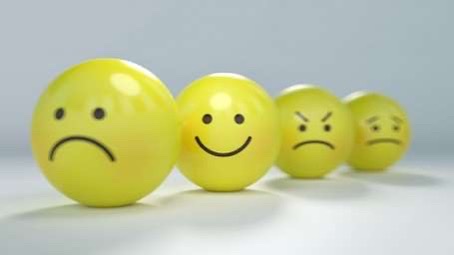With the UK’s heatwave set to return, Dr Daniel Fenton, Clinical Director at London Doctors Clinic, shares his insights for keeping your cool as the temperatures rise…
While this summer’s heatwave can be a real joy when relaxing at the beach or having a barbecue with friends, it can also be too much to bear, especially when you’re standing in a crowded tube or stuck in a stuffy office. High temperatures could lead to a summer slump, a lack of productivity and an all-around feeling of lethargy. There are several ways in which it can affect you and leave you feeling less than your best:
Dehydration
Perhaps the most obvious symptom caused by the excess heat is the loss of fluids when sweating, which leaves us feeling thirsty and fatigued.
Heat Exhaustion
Prolonged exposure to the heat can precipitate heat exhaustion which may be characterised by symptoms such as heavy sweating, rapid breathing, nausea, a faster and weaker pulse, light-headedness, fatigue and heat cramps. While heat exhaustion is not life threatening, it is certainly a red flag that you need to relax and cool down – otherwise it could lead to heat stroke.
Heat Stroke
Heat stroke is the end result of overheating. Our internal temperature rises, creating confusion, drowsiness and in serious cases, could lead to seizures.
Sunburn
Whilst we worry greatly about avoiding dehydration and sun stroke, we often forget sun burn. The hot red, prickly skin condition is caused by too much sun exposure, and could lead to extreme discomfort which could inhibit your productivity. Too much sun exposure can make you extremely uncomfortable and certainly impact on your ability to focus on any tasks which may need your attention.
So what are the best ways to stay healthy in the sun?
Stick to water
It is often tempting to reach for a sugary energy drink or a strong coffee to help us perk up and rehydrate, however this could leave you feeling worse. This is because highly caffeinated drinks act as a diuretics, meaning they actually dehydrate you more, as they encourage more frequent trips to the bathroom. A glass of wine at lunch will have the same effect. While the weather is hot, it’s important to drink around 2.5 – 3 litres of water per day to replace the water lost through sweating. Remembering to steer away from tea, coffee and alcohol during the hottest periods of the day is also sensible.
Layer on the sun cream
Slathering on a minimum of SPF 30 sun cream with a high UVA rating will help to protect the skin against sun burn. Use around a shot glass of sun cream to fully cover the exposed areas of your body, not forgetting your ears, forehead, nose, arms and legs. Also, make sure you reapply at least every two hours.
Control your environment
Ensure that any area you are in is comfortable. Investing in a fan or air conditioning will ensure that your room is at an ideal temperature for you regardless of the heat outside.
Wear comfortable clothing
Your body temperature can be maintained by the clothing that you wear. Clothing made out of cotton and linen will help you stay cool during the hot weather. If you are travelling to work, you should consider clothing that is professional but keeps you cool, such as short-sleeved shirts.
Monitor any pre-existing health conditions
Take careful consideration if you have any chronic medical conditions such as diabetes, kidney disease and heart conditions. These may put you at higher risk of dehydration and more likely to be affected by the heat. Make sure you have regular water breaks and if you have diabetes, remember to regularly test your blood sugar levels, and administer your insulin if necessary.
See if you can work from home
If you do feel unwell, see whether your employer will offer work from home days, or have more flexible start and finish times so that you can avoid the rush hour commute.
If you feel unwell visit your GP
If you begin to feel unwell, sick or faint, it’s worth taking a trip to your GP for advice on how to stay well – it’s always better to get things checked out and put your mind at rest.

Dr Daniel Fenton is Clinical Director at London Doctors Clinic.








